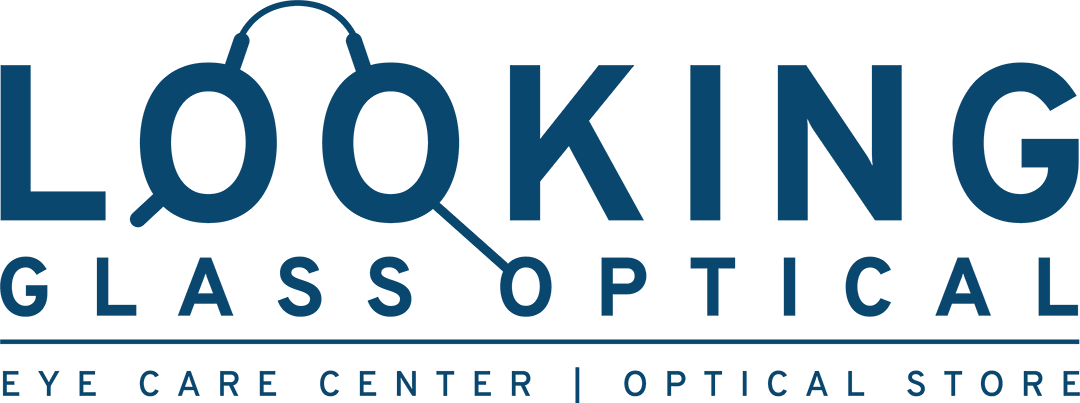Prescription Sunglasses or Contact Lenses: Which is Better for You?
It’s the eternal summertime struggle of every glasses wearer. Should you get prescription sunglasses or make do with contact lenses and fashion sunglasses? There’s no one right answer for everyone, but understanding your own vision needs will make the decision easier.
Advantages of Prescription Sunglasses
In the debate over sunglasses or contacts, there’s no doubt that glasses are easier to deal with when you’re on the go. No special solutions or containers are necessary — just pop on your glasses, and you’re ready! In addition to convenience, prescription shades offer several other benefits that contacts simply don’t.
Comfort
If you love to swim, water ski, or spend time on a sandy beach, you already know that contact lenses aren’t a good match for those activities. Joining in the fun increases the chances of irritation and bacterial infection.
Knowing their eyes might be bothered by swimming or beaching leaves some contact wearers with the tough decision of either seeing well or protecting their eyes. With prescription sunglasses, you can do both at the same time.
Style
While it’s true that prescription sunnies are an investment, so are designer sunglasses. You can enjoy stylish prescription sunglasses from designers like Ray-Ban, Marc Jacobs, and Gucci.
Whether you opt for something absolutely fabulous or a bit more budget-friendly, a pair of prescription shades will serve you for many years. On the other hand, contacts must be replaced continuously.
Full Eye Protection
UV radiation is dangerous to the eyeball and the delicate skin surrounding your eyes. In fact, your eyes are typically the first place to show signs of aging. Too much UV exposure puts you at higher risk for macular degeneration, cataracts, skin cancer around the eyes, and photokeratitis.
Prescription sunnies not only protect your vision from UV rays, they also protect the most vulnerable areas of skin. Sunglasses don’t just keep the sun out of your eyes, either. They also shield you from sand, dust, pollen, and other kinds of debris.
If you’re concerned about whether sunglasses or contacts will offer the most complete eye protection, go with glasses.
They’re Not Just for Summer
If you think a pair of prescription sunglasses isn’t a cost-effective summer accessory, think again. You don’t have to live in sunny California to need sunglasses 12 months a year. Sunglasses are vital for safe driving in certain conditions and for protecting your eyes from winter glare.
Squinting against the sun isn’t limited to the summer months. Investing in a pair of prescriptions will help you see better all year long.
Disadvantages of Prescription Sunglasses
So are there really any cons to buying prescription shades? Unfortunately, there are a few. Using them does require you to carry two pairs of glasses with you. This can be inconvenient, especially if you’re forgetful. People who prefer to pop in their contacts in the morning and skip the hassle of wearing glasses probably aren’t well-suited to sunglasses.
But for most, the benefits of prescription sunglasses far outweigh any minor concerns.
What About Transition Lenses?
Transition lenses help to protect eyes against the sun. These special lenses darken when they are exposed to UV light and become clear again once the light is a little dimmer (like indoors).
Unfortunately, sometimes the transition is slow or they fail to darken when needed. The tinting in a car windshield or bright indoor fluorescent lighting can affect the way the lenses transition.
When you’re selecting prescription sunglasses, you can control the color and amount of tinting used for your perfect. It’s a more customized level of protection.
The Bottom Line: Which is Best?
Prescription sunglasses are an additional expense, but they may not cost as much as you think. Unlike contacts, they protect the entire eye and surrounding skin from UV rays and other environmental elements.
If you’re still unsure about getting prescription sunglasses, contact the team at Looking Glass Optical today. We can help assess your vision needs to decide what works best for you.
Share
